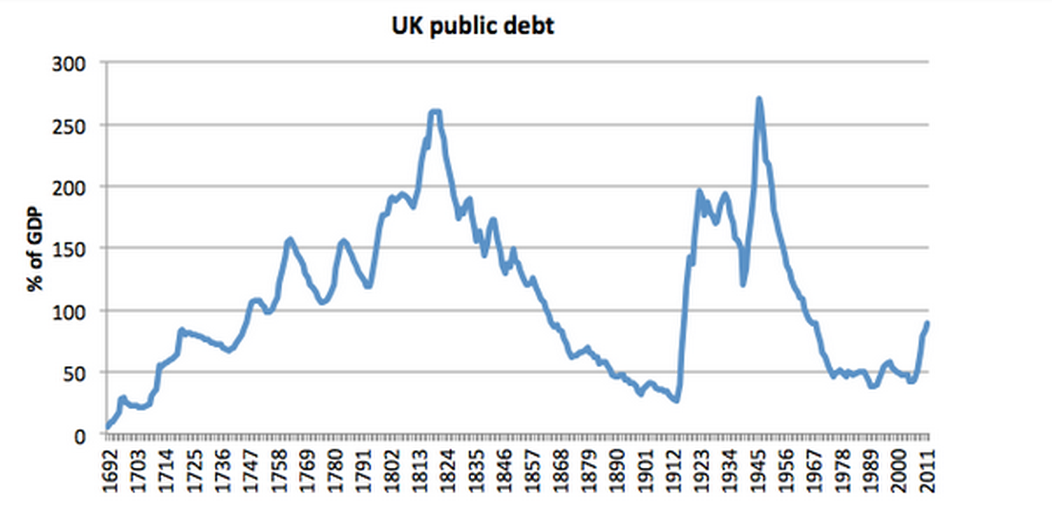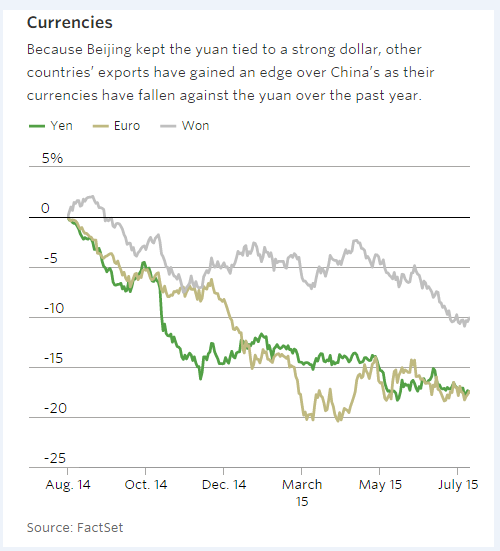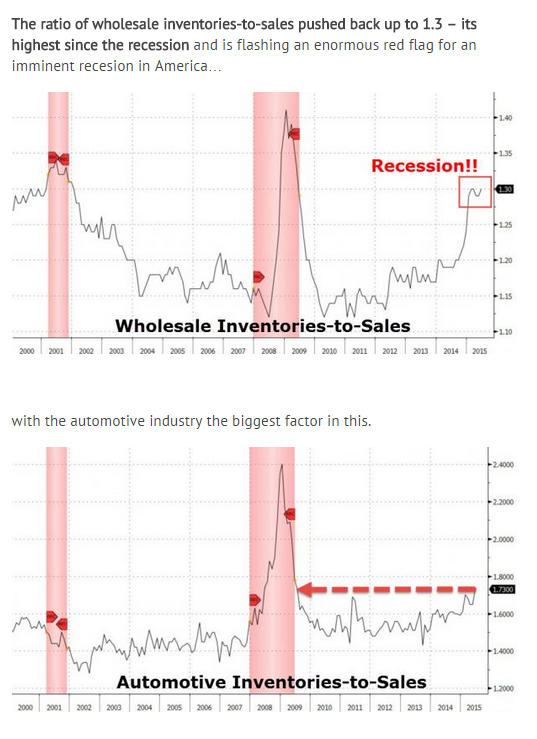For an entertainment venture, baseball really isn’t all that escapist. Baseball is an ordeal. The players spend most of a given game needing to pay strict attention on every single pitch, but only have to react a couple of times per game. The sport requires constant mental focus, the overwhelming majority of which is wasted. And even when a player gets involved, he has relatively little control over what results from his actions. Bloopers turn into triples, while scalded line drives can turn into double plays.
Consider the two great axioms about hitting, both of which are true: “Even the best hitters fail two-thirds of the time” and “The difference between an average hitter and a great hitter is two hits a month.” This is a game for nihilists, and it’s played six days a week.
It’s an endeavor that requires unceasing effort every day, but in which most of that effort goes to waste, and the bit that doesn’t is set adrift in a sea of uncontrollable and often inexplicable factors, ending in failure most of the time. That sounds like real life to me, and this inexorable, beautiful conveyor belt of failure appeals to me the way the novels of Richard Ford and Graham Greene do. Baseball is like having your soul crushed slowly by a steamroller made of platinum and diamonds. (The sunshine and the smell of fresh-cut grass are nice, too.)
You’d think that something so relentlessly awful wouldn’t be worth such a great investment of time and emotional capital. But it’s precisely because baseball is so torturous when it’s bad that it can be so intoxicating when it’s good.
And that brings us to the Toronto Blue Jays. Consider what the past two months have been like for the average Blue Jays fan. Or better yet, consider the past two months in comparison to the past two decades.
The Blue Jays haven’t made the playoffs in 22 years, the longest drought in North American professional sports, and in the intervening years they haven’t even been conspicuously interesting. Already ghettoized by being MLB’s only Canadian team, the Blue Jays have often been the least interesting team in a crowded AL East. Plus, the Blue Jays play in a wretched, Mulroney-administration-vintage ballpark with hellacious artificial turf. The SkyDome was built with the intention of seeming futuristic, and we’ve all seen Zardoz enough to know that futurism isn’t always a look that holds up too well over time.
And it’s not like the rest of the city’s sports landscape has been much better. The Raptors have been — at the risk of being redundant — a middling Eastern Conference team more or less since their inception, and I’m not a good enough writer to adequately capture how embarrassing the Maple Leafs have been over the past decade. The only relief has been the CFL’s Argonauts, and you have to be truly desperate to take solace in Canada’s bizarre, minor league socialist pidgin football.
That’s the context of this team, which has chased down the Yankees and turned into an imperious offensive force. They’ve won 18 of their past 22 games, and their plus-170 run differential is the best in baseball by 42 runs. Being in first place a week before Labor Day is reason enough for excitement, but trading for David Price and Troy Tulowitzki was in a way even bigger news, because it was a statement from the team that after years of being an also-ran, Toronto was willing to go out and make the biggest moves for the biggest stars. For some reason, there’s nothing quite like an ascendant contender going out and getting a Cy Young winner midseason. Remember what Randy Johnson did for the Astros in 1998, or CC Sabathia did for the Brewers in 2008, or Cliff Lee did for the Phillies in 2009. In a way, winning isn’t real unless you get to play with the cool toys as well.
And when all those factors come together, here’s what happens: After years of just trudging through the motions because you don’t have a better idea, life gets actively fun. There’s a huge difference between living because you have to and living because you want to, between waking up expecting something good to happen and hoping nothing bad happens.
You don’t get that feeling in sports when your team plays only once a week, and you only sort of get it when your team plays three times a week. But right now, Torontonians can turn on the TV every night and expect to witness something exceptional, because that’s what happens when you hit Tulowitzki, Josh Donaldson, and Jose Bautista back-to-back-to-back in the lineup.
We’ve seen those heightened moments already: Tulowitzki’s 12-pitch battle with Andrew Miller two Fridays ago, or Tuesday night’s come-from-behind win in Texas, just to name two. Those are moments that pay back dividends on the unwavering, daily attention baseball demands, and the value in those little snippets of drama adds up and compounds.
My favorite in-person baseball experience of the past few years came last summer. I was passing through Kansas City and managed to catch a game in Kauffman Stadium, with James Shields on the mound and the Royals having just come home from a road trip that included the back half of a 10-game winning streak. The atmosphere in that park, with some 38,000 fans cheering like they hadn’t in 30 years, was like what you’d expect from the student section at a college football game.
My favorite televised baseball moment of the past few years, meanwhile, was the 2013 NL wild-card game, in which the partisan crowd at PNC Park — itself experiencing playoff baseball for the first time in more than 20 years — was so loud it rattled the center-field camera along with Reds starter Johnny Cueto’s confidence.
That’s the kind of climax the Blue Jays are building toward right now, and I’m not positive that the summit itself is actually better than the journey up the mountain. In fact, I’d argue that the moment after a championship is won — and make no mistake, even division leaders still have only a remote chance of winning it all — isn’t as fun as the road there. Because baseball is so relentless and so unpredictable, a run of success like this has the capacity to thrill over and over, and, particularly in the age of modern technology, bind together not only a city, but the members of its diaspora around the world.
This is a phenomenon that not everyone gets to experience: The team has to be good, but it’s also only a matter of time before winning stops being novel and starts being routine, and the primary sensation is no longer the joy of gaining something you’ve long coveted, but the fear of losing something you already have. It happens to some fan base or other every year, but when you consider the number of teams (even taking out the ones who are good pretty much all the time), it’s a sensation that happens to a particular fan base only once in a generation.
So if you’re a Blue Jays fan (or a Mets or Astros fan, for that matter), go out of your way to enjoy what you’re experiencing right now. There’s no greater feeling than being a fan of a baseball team that just got good, and you never know when the wins will either stop coming or become routine. Wash your favorite shirsey twice a week so you can wear it as often as possible. Buy the local paper and hang up the front page of the sports section after a big win. Get to the ballpark if you can, and if you can’t do that, go watch the game at a bar or a friend’s house — anything that makes the experience communal.
Whatever you do, don’t waste this moment. Nothing like it will happen again for another 20 years. But when it does, it will have been worth the wait.



 RSS Feed
RSS Feed
